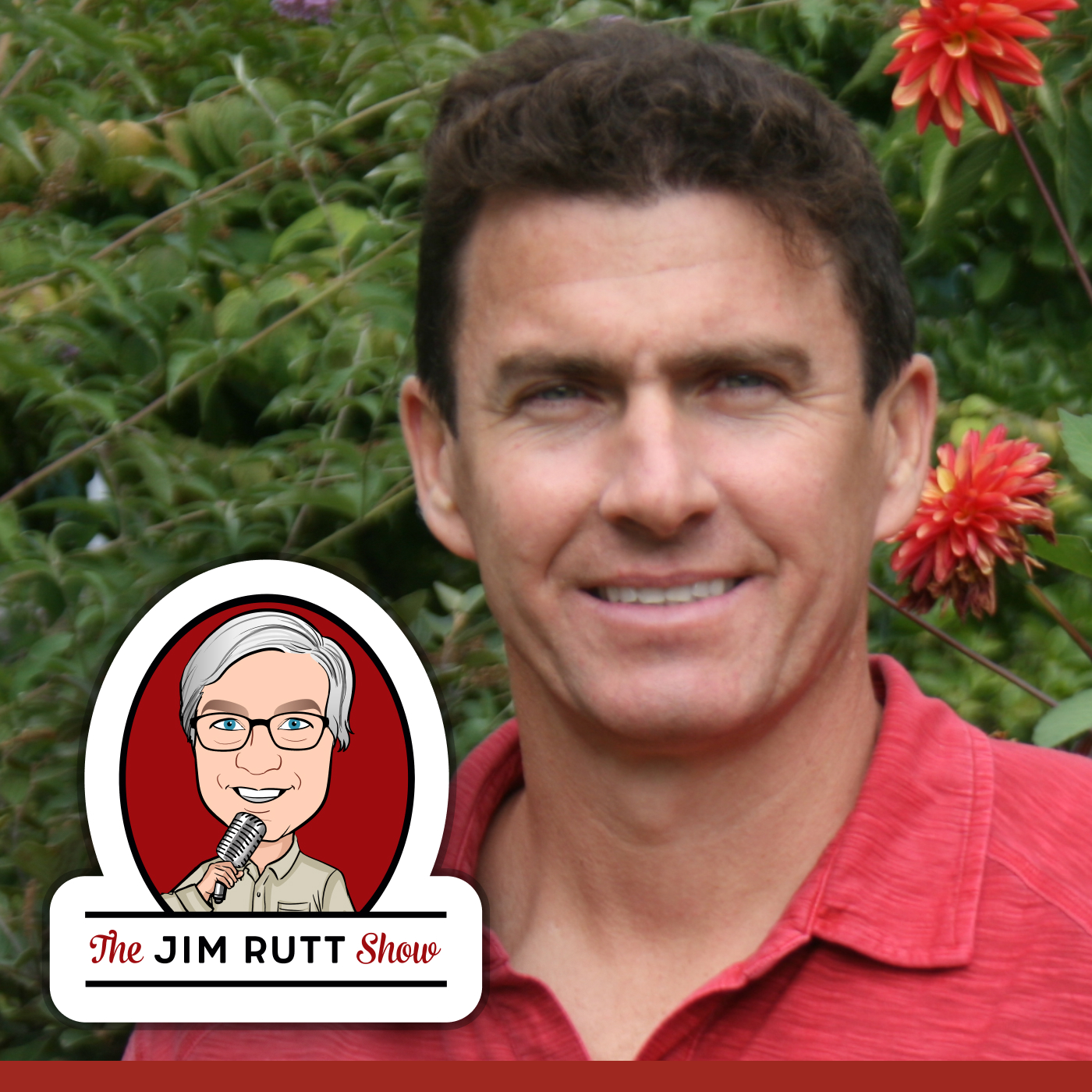
Joe Henrich talks to Jim about some of the key insights from his book, The WEIRDest People in the World: How the West Became Psychologically Peculiar & Particularly Prosperous.
Joe Henrich talks to Jim about some of the key insights from his book, The WEIRDest People in the World: How the West Became Psychologically Peculiar & Particularly Prosperous. They cover who the WEIRD people are & what impact their WERDness has on academic research, the impact of literacy on cognition, nature & nurture, the unique characteristics of WEIRD people, individualist vs relational dispositions, guilt vs shame cultures, how events in Middle Ages driven by the Catholic Church lead to WEIRDness, kin-based institutions & cultures, non-kin organizations in societies & their impacts, differing views on justice, individualism's role in innovation & wealth, wholistic vs analytical thinking, moral universalism, free will, possible WEIRD genetic drivers, and more.
Episode Transcript
Mentions & Recommendations
Joe's book, The WEIRDest People in the World
Joe's paper, The weirdest people in the world?
JRS: EP100 Sam Bowles on Our Cooperative Nature
Joe on Twitter
Jonathan Haidt
Dr. Henrich is currently a Harvard Professor and Chair of the Department of Human Evolutionary Biology. Before moving to Harvard, he was a professor of both Economics and Psychology at the University of British Columbia for nearly a decade, where he held the Canada Research Chair in Culture, Cognition and Coevolution. In 2013-14, Dr. Henrich held the Peter and Charlotte Schoenenfeld Faculty Fellowship at NYU’s Stern School of Business. His research deploys evolutionary theory to understand how human psychology gives rise to cultural evolution and how this has shaped our species’ genetic evolution. Using insights generated from this approach, Professor Henrich has explored a variety of topics, including economic decision-making, social norms, fairness, religion, marriage, prestige, cooperation and innovation. He’s conducted long-term anthropological fieldwork in Peru, Chile and in the South Pacific, as well as having spearheaded several large comparative projects.
view more
More Episodes
EP107 Tristan Harris on Our Social Dilemma
 2021-01-28
2021-01-28
 2021-01-28
2021-01-28
EP105 Christof Koch on Consciousness
 2021-01-21
2021-01-21
 2021-01-21
2021-01-21
Currents 021: John Robb on Jan 6th, 2021
 2021-01-12
2021-01-12
 2021-01-12
2021-01-12
EP103 James Ehrlich on ReGen Villages
 2021-01-11
2021-01-11
 2021-01-11
2021-01-11
EP101 Clayton Banks on the Digital Divide
 2021-01-04
2021-01-04
 2021-01-04
2021-01-04
EP100 Sam Bowles on Our Cooperative Nature
 2020-12-21
2020-12-21
 2020-12-21
2020-12-21
EP98 Morag Gamble on Permaculture
 2020-12-10
2020-12-10
 2020-12-10
2020-12-10
EP94 Shahin Farshchi on Self-Driving Tech
 2020-11-19
2020-11-19
 2020-11-19
2020-11-19
01235678910111213141516171819
Create your
podcast in
minutes
- Full-featured podcast site
- Unlimited storage and bandwidth
- Comprehensive podcast stats
- Distribute to Apple Podcasts, Spotify, and more
- Make money with your podcast
It is Free
- Privacy Policy
- Cookie Policy
- Terms of Use
- Consent Preferences
- Copyright © 2015-2024 Podbean.com






